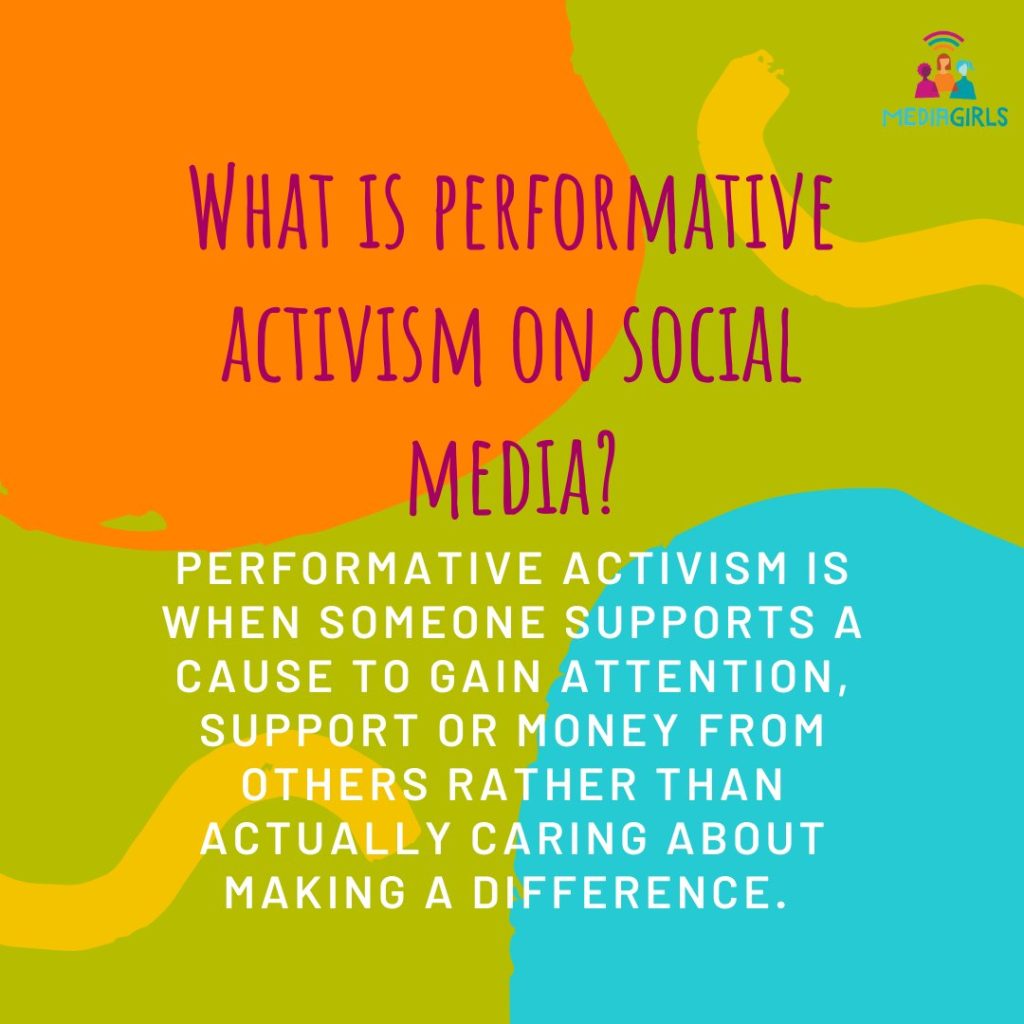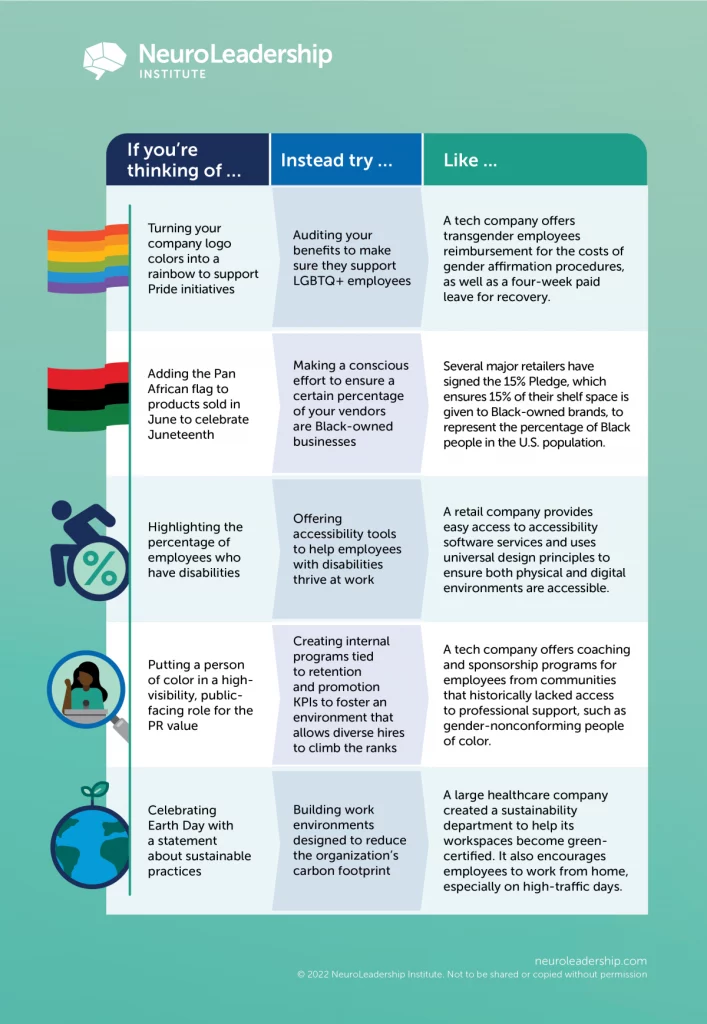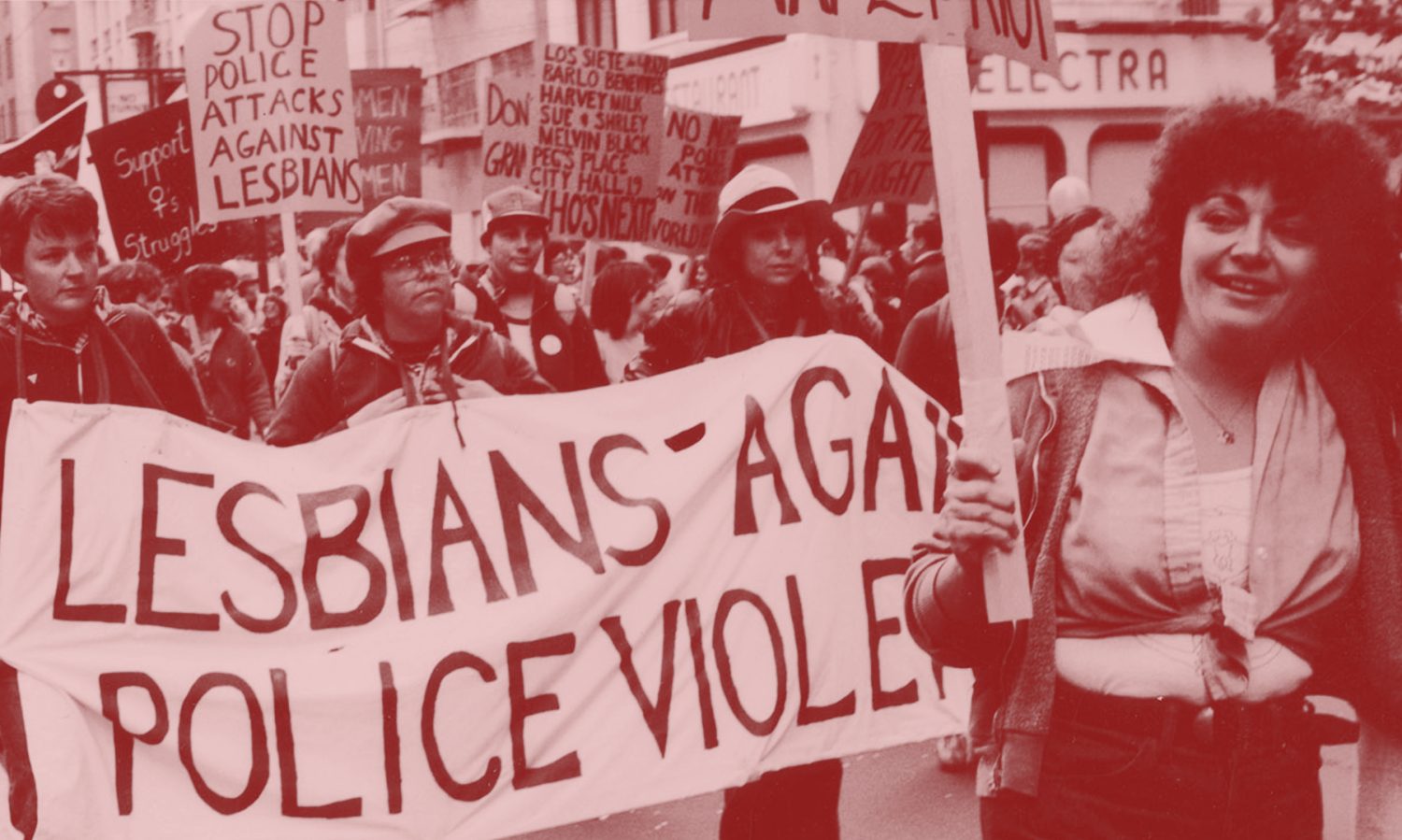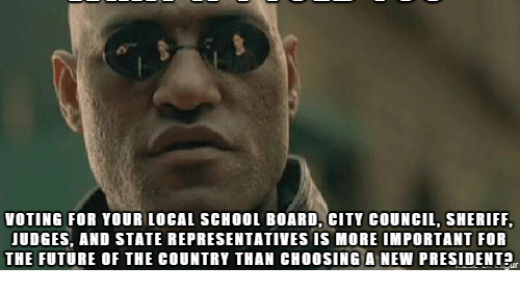
Dear Resilient Queer Community and Allys,
As a queer, pansexual ace-leaning person, I stand with you in solidarity. During Pride month, it is vital to address the damaging impact of performative allyship and capitalist market strategies. We must remember our roots in the Stonewall riots and the ongoing battle for our civil rights. Let us shed light on the adverse effects of performance activism, cultural appropriation, and exploitation while urging community members and allies to take daily action and reject performative gestures. Together, we can promote sustainable, inclusive change and honor our trans family.
Pride month is a time for celebration and remembrance, rooted in the fight against police brutality and the infringement of our civil liberties. Today, discrimination and violence still plague our queer and trans communities.
We must remain vigilant against the damaging consequences of commercialization and capitalism. Our culture is often appropriated and exploited for profit, reducing our identities to mere commodities and perpetuating harmful stereotypes. Performative activism fails to address the root issues we face. Rejecting performative gestures is vital for several reasons:
1. Superficiality: Performative gestures often lack depth and substance. They are surface-level actions that do not address the underlying issues or contribute to meaningful change. By rejecting these gestures, we can shift the focus towards more impactful and genuine forms of activism.
2. Distraction from real issues: Performative gestures can divert attention away from the urgent and systemic problems marginalized communities face. They create an illusion of progress while neglecting the more profound structural changes needed for equality and justice. Rejecting performative gestures ensures that we remain focused on the core issues at hand.
3. Tokenism and exploitation: Performative gestures can tokenize and exploit marginalized individuals or communities. They may be used as marketing tools or symbolic displays without a genuine commitment to inclusivity and equity. Rejecting performative gestures challenges this exploitation and demands authentic engagement and action.
4. Accountability and meaningful action: By rejecting performative gestures, we hold individuals, organizations, and institutions accountable for their actions. We demand they go beyond symbolic gestures and take tangible steps toward dismantling oppressive systems, amplifying marginalized voices, and promoting lasting change.
5. Amplifying genuine voices: Performative gestures often center the voices of those in positions of power or privilege rather than uplifting and amplifying the voices of marginalized communities. By rejecting performative gestures, we create space for genuine agents to be heard and ensure that the narratives and experiences of marginalized individuals are at the forefront.
In essence, rejecting performative gestures demands authenticity, substance, and accountability. It is about advocating for meaningful action that addresses the root causes of inequality and promotes sustainable change. To effect real change, we must educate allies and community members by sharing our stories and engaging in open conversations. It is crucial to inspire empathy, understanding, and meaningful action. Allies should actively listen and prioritize our voices.
Allies can participate in real change by taking meaningful and sustained action to support marginalized communities. Here are some ways they can contribute:
1. Educate themselves: Allies should actively seek out resources, literature, and educational materials to better understand the experiences and struggles faced by marginalized communities. This self-education helps build empathy, awareness, and a solid foundation for allyship.
2. Listen and learn from marginalized voices: Allies should prioritize listening to the voices and experiences of marginalized individuals and communities. Fostering openness involves creating space for perspectives, acknowledging their expertise, and engaging in respectful dialogue. It is essential to defer to their knowledge and insights when advocating for change.
3. Amplify marginalized voices: Allies can use their privilege and platforms to amplify the voices of marginalized individuals. Amplifying voices can be done through sharing their work, promoting their perspectives, and providing opportunities for them to be heard in various spaces. Centering marginalized voices helps challenge existing power dynamics and brings about more inclusive narratives.
4. Use privilege to advocate: Allies have the advantage of privilege in particular social and institutional contexts. They can leverage this privilege to advocate for change, challenge discriminatory practices, and promote equity and justice. This may involve speaking up in spaces where marginalized individuals face barriers or advocating for policy changes that benefit marginalized communities.
5. Take action beyond symbolic gestures: Allies should move beyond performative acts and instead engage in tangible actions that create real impact. Effective implementation could include volunteering with organizations supporting marginalized communities, donating to relevant causes, participating in protests or demonstrations, or actively supporting legislation and policies that promote equality and justice.
6. Reflect and address biases: Allies should regularly reflect on their own biases and privileges, taking steps to unlearn harmful beliefs and behaviors. By challenging personal preconceptions and committing to ongoing growth, allies can be more effective in their support and actively work towards dismantling oppressive systems.
7. Be accountable and open to feedback: Allies should be available to input from marginalized communities and be willing to learn from their mistakes. It is crucial to hold oneself accountable for any unintentional harm caused and be receptive to guidance and correction from those directly affected by the issues.
By embodying these principles of genuine allyship, individuals can actively contribute to real change and help create a more equitable and inclusive society for all. Let us encourage allies to move beyond surface-level support and take daily action, such as writing opinion letters, engaging with family members, and advocating for legislative change. By challenging systemic oppression, amplifying trans voices, and working towards sustainable solutions, we protect and empower our community.
During Pride month, remember our history, embrace our identities, and honor those who fought before us. Through sustained activism, uplifting marginalized voices, and advocating for inclusive policies, we can create a more equitable society.
In solidarity, with love and a commitment to our collective liberation,
Georgina T. Lambert







